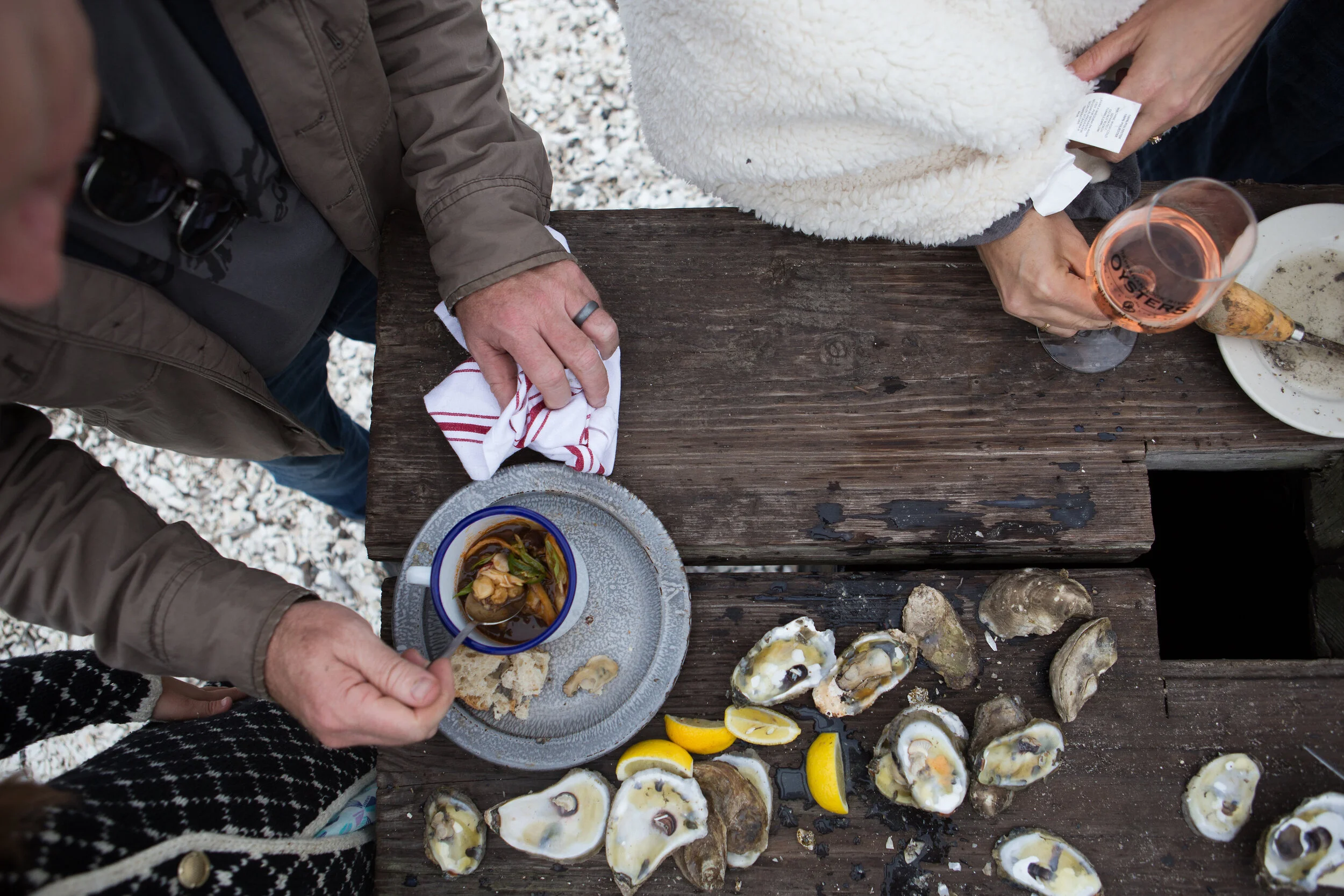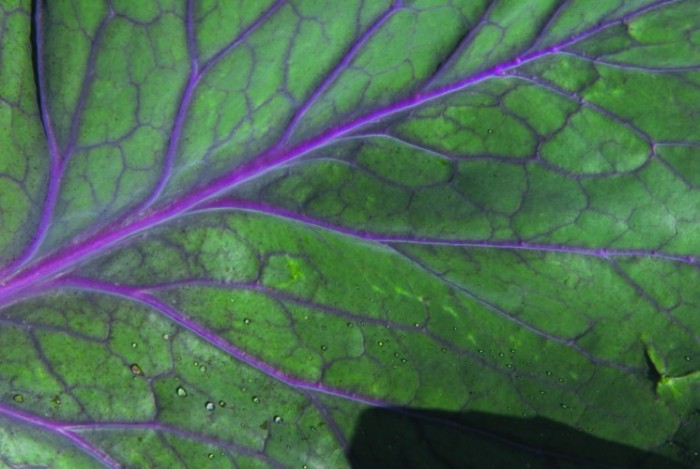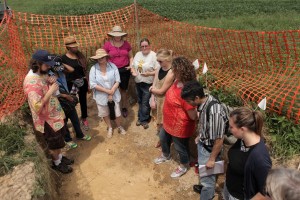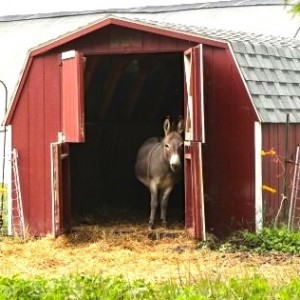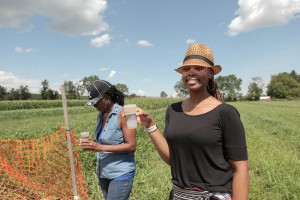What’s In My Basket: Living the Organic Life with Chef Nora Pouillon
/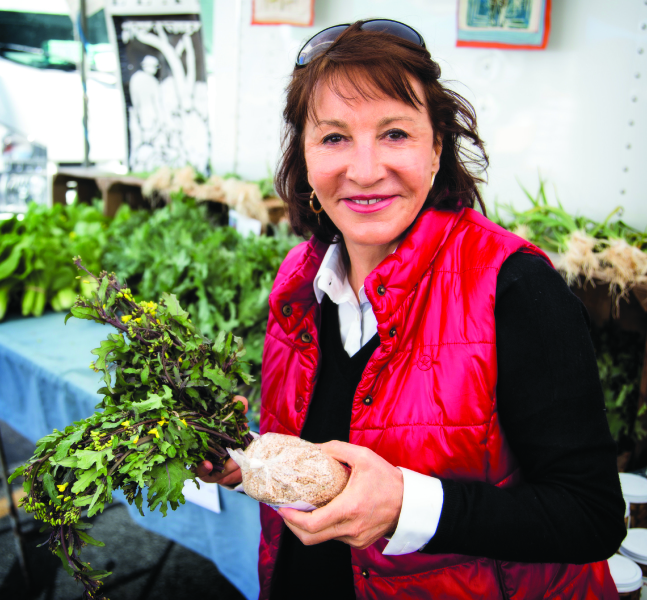

WHAT'S IN CHEF NORA'S BASKET?
Recipe for Restaurant Nora's Cold Egyptian Spinach Soup
The Austrian-born chef recently chronicled her nearly lifelong path as a pioneer of fresh, local and organic cuisine in a memoir, My Organic Life.
“When I first came to the United States in the 1960s, I saw firsthand all of the chemicals and pesticides that were used in the food here,” says Pouillon. “It was too processed, and what was being served wasn’t really food. I wanted to do things the right way.”
This belief that propelled Chef Nora to where she is today—an early activist dedicated to promoting the use of organically produced food who initiated D.C.’s FRESHFARM Markets. The market concept came to Chef Nora nearly 20 years ago after a visit to Union Square in New York City, where she was amazed by the quality of the producer-only farmers market.
“I felt that it was necessary for D.C. to have 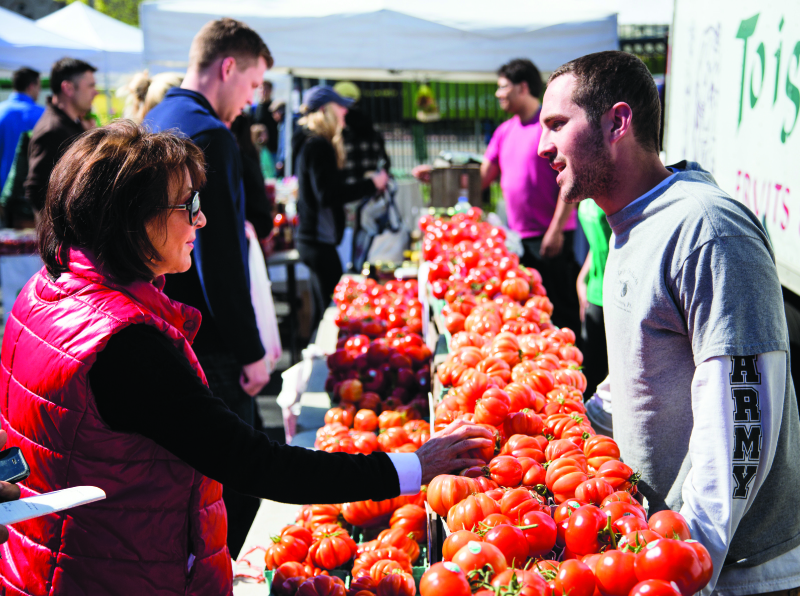 one as well, so with a grant from the Wallace Foundation, we got started,” she says. Today, there are 13 FRESHFARM markets in the area, but it’s the original version in the heart of Dupont Circle where Chef Nora still does her shopping on Sunday mornings. As she walks through the market with purpose, her love of organic food is evident as she converses with her go-to vendors, sampling what they have available for today.
one as well, so with a grant from the Wallace Foundation, we got started,” she says. Today, there are 13 FRESHFARM markets in the area, but it’s the original version in the heart of Dupont Circle where Chef Nora still does her shopping on Sunday mornings. As she walks through the market with purpose, her love of organic food is evident as she converses with her go-to vendors, sampling what they have available for today.
“I come here every Sunday, either myself or one of my chefs,” says the chef as she sorts through boxes of freshly picked greens. “It’s very important to connect with the suppliers and producers. They’re very knowledgeable about what they do, and are more than happy to talk about their products—it brings people closer to the food.”
There are a number of farmers and producers at the market, but Chef Nora is technically only able to buy from three of them—The Farm at Sunnyside, New Morning Farms and Next Step Produce—all of which bear the sign of “USDA Certified Organic.” There are other suppliers that Chef Nora is certain work in accordance with organic standards, but as she explains, gaining the distinction of being Certified Organic is something that not all farms are able to do.
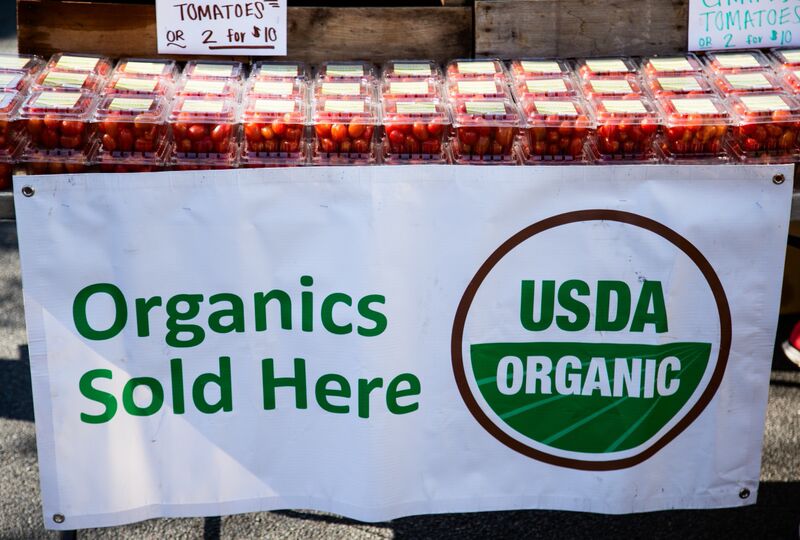 “There are other producers here that I know engage in organic practices, but there is a large paper trail involved in the process to become USDA Certified Organic,” she explains. “Some farms aren’t able to keep up with that, so they don’t carry the label. The weather in this region, too, makes it difficult sometimes to be truly organic; the extreme humidity leads to quick growth of fungus, which in turn requires the use of some chemicals and pesticides. It’s difficult to grow organic, but that’s what produces the best food.”
“There are other producers here that I know engage in organic practices, but there is a large paper trail involved in the process to become USDA Certified Organic,” she explains. “Some farms aren’t able to keep up with that, so they don’t carry the label. The weather in this region, too, makes it difficult sometimes to be truly organic; the extreme humidity leads to quick growth of fungus, which in turn requires the use of some chemicals and pesticides. It’s difficult to grow organic, but that’s what produces the best food.”
As always, Chef Nora is 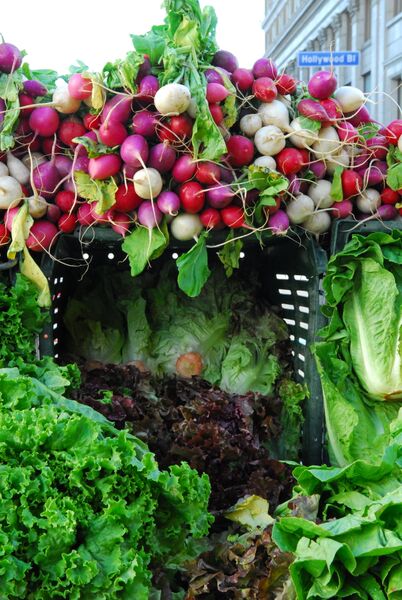 shopping seasonally on this cool, sunny morning, looking for fresh radishes, spinach, peas and asparagus. As she samples several varieties of kale, including Lacinato and Red Russian, and searches for the season’s first heirloom tomatoes, she admits that shopping and cooking seasonally can be difficult. Because of the long and harsh winter endured by the region this year, seasonal produce is behind schedule, meaning that some of Chef Nora’s spring favorites are just beginning to appear.
shopping seasonally on this cool, sunny morning, looking for fresh radishes, spinach, peas and asparagus. As she samples several varieties of kale, including Lacinato and Red Russian, and searches for the season’s first heirloom tomatoes, she admits that shopping and cooking seasonally can be difficult. Because of the long and harsh winter endured by the region this year, seasonal produce is behind schedule, meaning that some of Chef Nora’s spring favorites are just beginning to appear.
Although she’s looking forward to summer items such as corn and tomatoes, it could be some time before those are availably locally and in their peak seasonal quality. As the market quickly fills up with like-minded shoppers, Chef Nora points out how markets like FRESHFARM help to build communities, saying “The markets aren’t just for food—look around you at all of the people! People come to connect with oneanother, along with those that supply their food. Markets are particularly important for our children, so they can learn at an early age what real food looks and tastes like.”
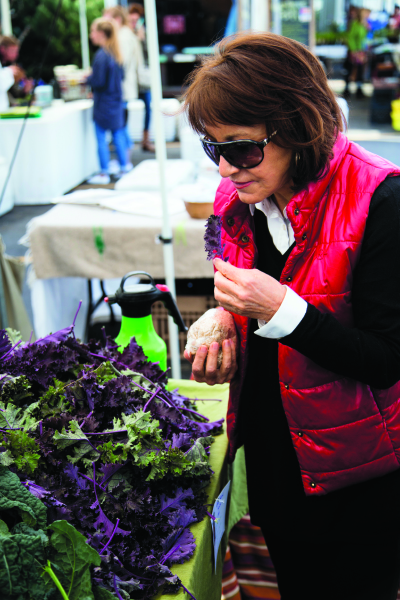
Despite all that Chef Nora has accomplished, she seems just as driven now as she was nearly 40 years ago to ensure that the food that’s being produced, cooked and served is of the highest possible quality.

